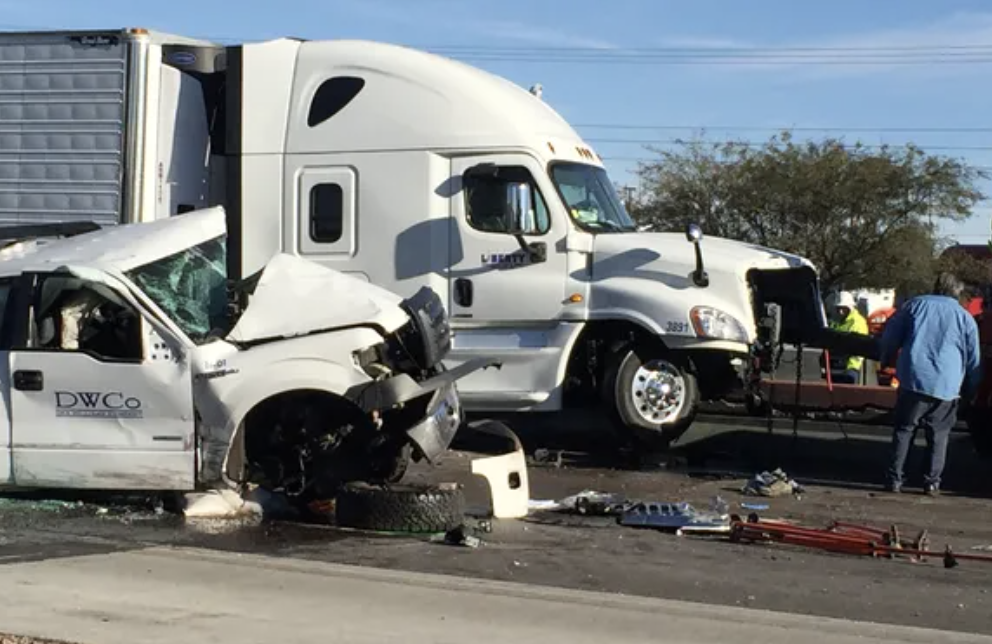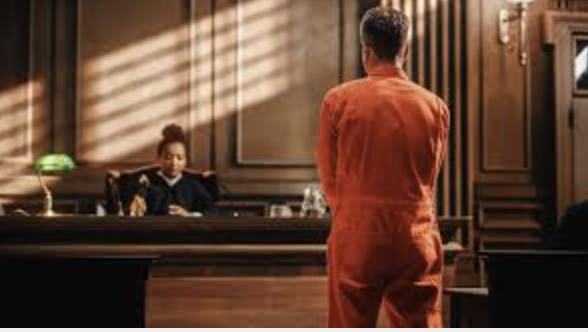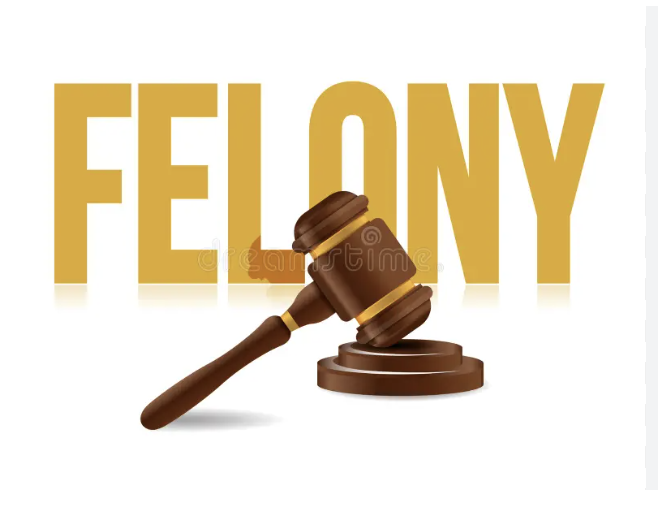If you’re hurt while doing your job — but the accident was caused by someone other than your employer or coworker — your case is different from a standard workers’ compensation claim.
You may have two potential sources of recovery:
- Workers’ compensation (through your employer’s insurance), and
- A third-party personal injury claim against the at-fault person or company.
Understanding how these two systems interact is essential to protecting your right to full compensation.
A practical guide from Cardon Law. This is general information, not legal advice. David A. Cardon does not handle workers’ compensation claims, but he does represent individuals injured by third parties while on the job in Virginia.
1) When a “Third-Party” Claim Arises
Under Virginia law, an injured worker can pursue a separate personal injury claim when someone outside the employment relationship caused the injury.
Examples include:
- A delivery driver hit by another motorist while making deliveries.
- A construction worker injured by a subcontractor from another company.
- A maintenance technician hurt by a defective machine or negligent property owner.
In these cases, the employer’s workers’ compensation insurer pays medical expenses and lost wages initially, but the injured worker may also bring a civil negligence claim against the responsible third party.
Virginia Code § 65.2-309(A) gives the employer or insurer a right of subrogation — meaning they’re entitled to be repaid from any third-party recovery for benefits they paid.
2) Workers’ Compensation vs. Health Insurance
After an on-the-job injury, workers’ compensation is usually the primary payer for medical bills related to the injury.
Using your personal health insurance instead can complicate the claim or delay care.
| Coverage Type | Who Pays First | When It Applies | Reimbursement Rules |
|---|---|---|---|
| Workers’ Compensation | Employer’s insurer | Injury “arises out of and in the course of employment” under § 65.2-101 | Carrier may later be reimbursed if a third-party settlement occurs |
| Health Insurance | Private or group plan | Only if workers’ comp denies coverage or you elect not to file (risky) | May seek reimbursement (subrogation) depending on plan terms |
If your claim qualifies for workers’ comp, you should not use personal health insurance for injury-related care unless your comp claim is denied — otherwise your insurer may refuse payment or seek recovery later.
3) How the Two Claims Work Together
When a third party causes your on-the-job injury, you can have both:
- A workers’ compensation claim (no-fault, handled by the Virginia Workers’ Compensation Commission), and
- A personal injury lawsuit against the negligent party (fault-based, filed in civil court).
These claims proceed independently but affect each other financially.
Under Virginia Code § 65.2-309(C), the workers’ comp carrier has a lien on the third-party recovery for:
- Medical expenses it paid, and
- Indemnity (lost-wage) benefits.
After the third-party settlement or verdict, the insurer is entitled to reimbursement from those proceeds — but only after deducting reasonable attorney’s fees and costs under § 65.2-311.
4) Priority of Liens: Workers’ Comp vs. Medical Providers
When multiple liens exist (workers’ comp and medical providers), workers’ compensation liens have statutory priority under § 65.2-309.
That means the employer’s insurer gets paid back before medical liens or unpaid provider balances.
Simplified Order of Recovery
| Lien Type | Priority | Notes |
|---|---|---|
| Workers’ Compensation lien | 1️⃣ | Reimbursed first for medical + indemnity payments |
| Medical provider liens (under § 8.01-66.2) | 2️⃣ | Paid after workers’ comp lien is satisfied |
| Client (injured worker) share | 3️⃣ | Receives remaining balance after all lienholders and attorney fees |
This system ensures no “double recovery,” but it can significantly reduce what the injured person ultimately receives.
That’s why coordinating the two cases strategically is critical.
5) Steps to Protect Your Interests
✅ Notify both insurers early.
If you pursue a third-party claim, you must notify your employer’s workers’ comp carrier — failing to do so can jeopardize benefits.
✅ Keep medical billing separate.
Make sure treatment related to the workplace injury is billed under your workers’ comp claim, not personal insurance.
✅ Document all out-of-pocket expenses.
Certain costs may be reimbursable in your third-party settlement even if workers’ comp already paid part of your wages or medical care.
✅ Have your attorney coordinate both claims.
An experienced personal injury lawyer can negotiate lien reductions, ensure compliance with § 65.2-309, and maximize your net recovery.
✅ Never settle the third-party claim without confirming lien resolution.
You must account for all workers’ comp and medical liens before finalizing any settlement.
6) Example Scenario
A delivery driver in Virginia Beach is struck by a negligent motorist while making a work delivery.
- Workers’ compensation covers initial hospital bills and two months of lost wages.
- The driver also files a personal injury claim against the at-fault driver’s insurance.
- After settlement, the workers’ comp insurer asserts a lien for what it paid — about $25,000 in benefits.
- The attorney negotiates lien reductions under § 65.2-311 and ensures the client keeps the maximum lawful share after fees and costs.
FAQ
Can I sue someone if I’m hurt on the job in Virginia?
Yes — if the at-fault person or company was not your employer or coworker. You can’t sue your employer due to the exclusive remedy rule in § 65.2-307, but you can sue negligent third parties.
Do I have to repay workers’ comp if I win my injury case?
Yes. The comp carrier has a lien and must be reimbursed from your third-party recovery, after deducting your attorney’s fees.
Can I use health insurance instead of workers’ comp?
You shouldn’t — workers’ comp is the primary payer for on-the-job injuries. Using private insurance can create conflicts and repayment issues.
Can my employer stop me from filing a third-party claim?
No. Your employer cannot prevent you from pursuing a separate claim against an at-fault party, though the comp carrier must be notified.
Who decides how the money is divided after settlement?
Virginia law sets the order: attorney’s fees → workers’ comp lien → medical liens → client share. A skilled attorney can often negotiate lien reductions for a better outcome.
Hurt on the Job Because of Someone Else’s Negligence?
If you were injured while working in Virginia — for example, in a car accident or on another company’s job site — you may have both a workers’ compensation claim and a personal injury claim against the negligent third party.
Cardon Law handles third-party personal injury claims for workers injured on the job due to someone else’s negligence.
(Please note: David Cardon does not handle workers’ compensation claims directly.)
We’ll help protect your settlement from unnecessary lien deductions and ensure you recover the maximum possible amount under Virginia law.
📞 Free Consultation: (757) 306-9060
📱 24/7 Direct to David A. Cardon: (757) 620-3283





